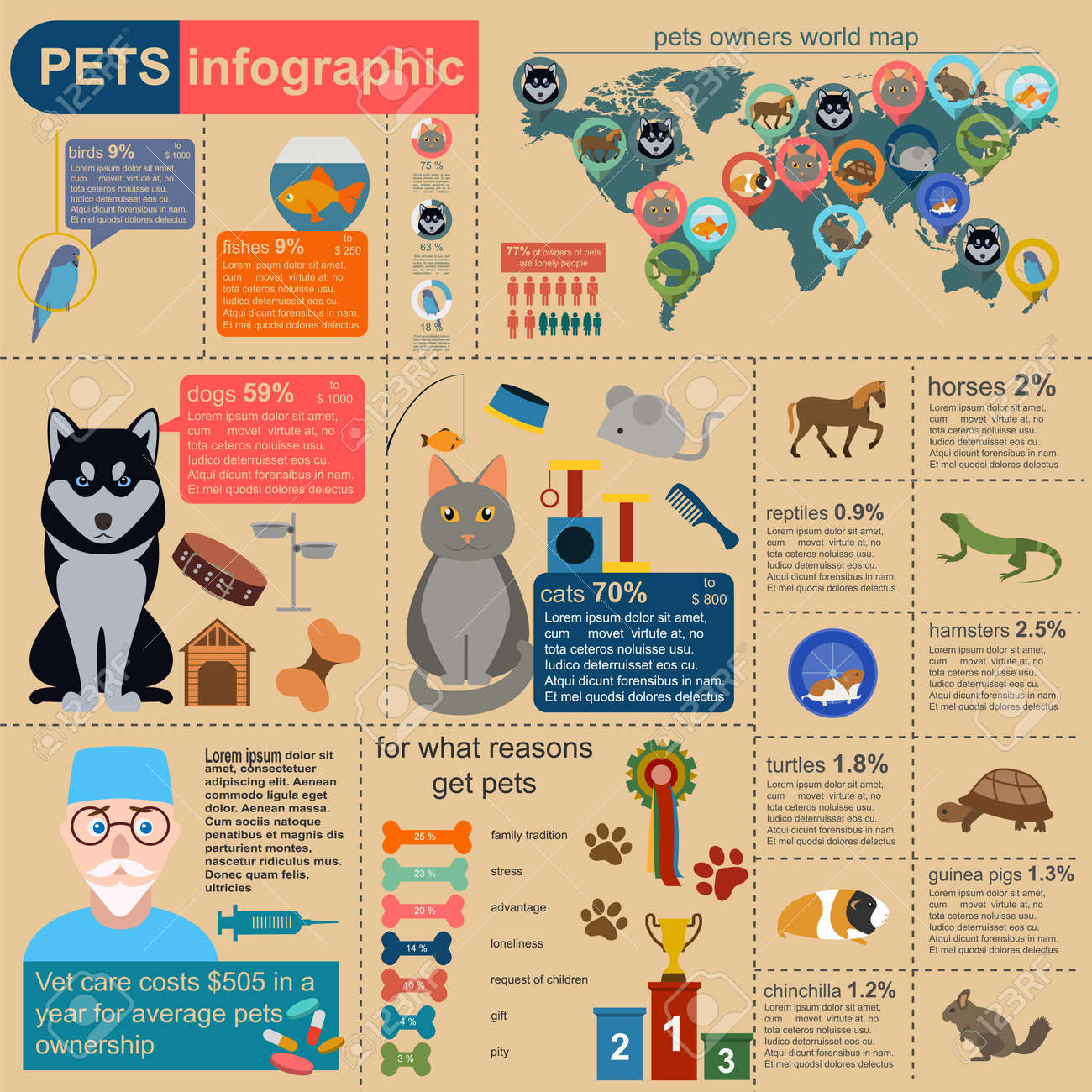How To Choose A Dog Adoption Agency You Can Trust
How To Choose A Dog Adoption Agency You Can Trust
Blog Article
Can Pet Childcare Reason Disease?
Opportunities are that if your pet dog is frequently exposed to various other pet dogs, even if they're correctly immunized, they might come home with some sort of health problem. Vaccinations, normal veterinary checkups, and excellent hygiene practices can lessen risk variables for infection and illness.
Worried or distressed pets can create stomach troubles and various other wellness concerns that are conveniently spread out in between pets. Developing age restrictions and behavioral rules can help ensure that only healthy and balanced dogs enter your facility.
Distemper
Canine distemper is a serious and often fatal virus that attacks a dog's respiratory, digestive, skin and immune systems. Puppies are specifically at risk and can get the condition via straight contact with a contaminated pet or with the airborne transmission of virus particles given off during coughing, sneezing or breathing.
The incubation period for canine distemper is in between 3 and 7 days. While pups at daycare might seem to catch parvo from another infected dog, it's not likely given that the incubation duration is so brief.
While there is no remedy for canine distemper, supportive care can help pets recoup. This consists of fluids, prescription antibiotics and medications to control seizures. The Drake Facility for Vet Treatment notes that signs include runny eyes and nose, looseness of the bowels, throwing up, loss of appetite and neurological issues such as twitching and tremors. Pups require a complete vaccination series and annual boosters to secure them against this disease, which is why trusted doggie daycare facilities need updated vaccinations.
Kennel Coughing
Kennel Coughing (Dog Infectious Tracheobronchitis) is a very transmittable upper respiratory problem brought on by germs and viruses. It spreads out with airborne droplets from a coughing or sneeze, direct contact, and sharing of infected items such as toys or water bowls. It is endemic in position where numerous canines are housed close together, such as kennels, dog parks, brushing beauty salons and shows. Numerous injections are available to shield versus the pathogens that create kennel coughing, and proper health methods can help prevent infection.
The timeless dog boarder near me sign is a dry, hacking coughing similar to that of a goose honk, and most pet dogs recover with little treatment. Nevertheless, severe instances can result in pneumonia, and pups or canines with pre-existing illness go to higher threat for problems. To quicken healing, use a harness as opposed to a collar while your canine is recouping to prevent irritation to the windpipe. A humidifier might also aid to moisten the air and protect against dry coughing.
Parvovirus
Parvovirus (CPV) is a serious illness in dogs. It resembles feline panleukopenia (feline distemper), but it's a lot more fatal and can spread out quickly amongst dogs because of its extremely durable nature.
This virus assaults the intestinal tract lining of a pet, ruining it and creating germs to dismiss into the blood stream. The weakened body immune system and overwhelming germs bring about septic shock, which is normally deadly.
Thankfully, vet medical facilities supply effective therapy for parvovirus. These drugs are provided straight into an individual's blood stream and targeted towards the certain strain of parvovirus. This treatment approach is highly reliable and helps retrain the body immune system to fight off the infection. Pet dogs with extreme signs are commonly hospitalized for several days for tracking and extensive like ensure their survival. Young puppies, unvaccinated pets and dogs with weak immune systems are specifically susceptible to parvovirus. This is especially real for pups born to stray moms and sanctuary environments, where they are subjected to lots of various other ill and at risk dogs.
Dog Flu
Canine influenza (CIV) is an infectious respiratory system disease that can be caused by pet dogs sharing infected surface areas or direct contact with breathing secretions. CIV spreads conveniently in settings where there are high numbers of dogs, such as canine parks, day cares, brushing centers and veterinary clinics.
Contaminated pets shed the virus with aerosol breathing beads when coughing or sneezing, and might contaminate items they enter contact with like cages, playthings, food bowls, chains and the hands and clothing of people that manage them. Pets can also be "silent providers" spreading out the infection without revealing any symptoms themselves.
Symptoms of canine influenza consist of nose and eye discharge, coughing, high temperature, anorexia nervosa, and weakness. The infection can progress to pneumonia, which can be deadly in some pet dogs. PCR viral screening is readily available for confirmation of infection. Preferably, samples (usually deep nasal or pharyngeal swabs) for PCR testing ought to be gathered within 4 days of the start of professional indicators.